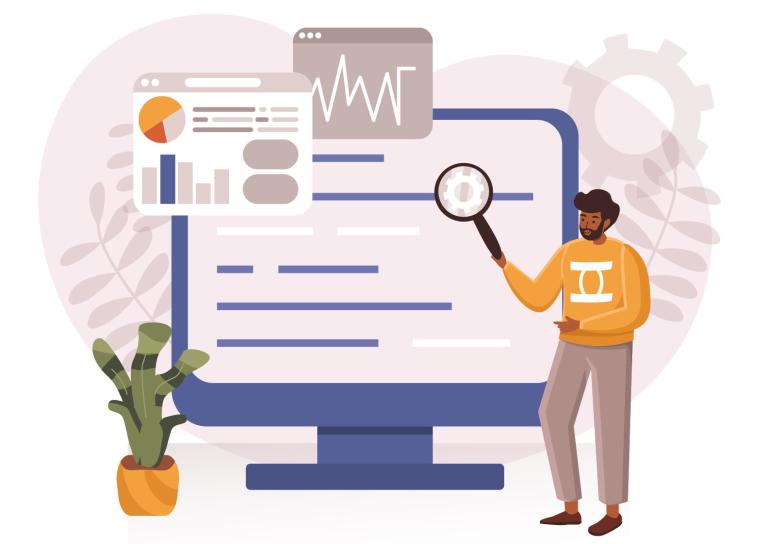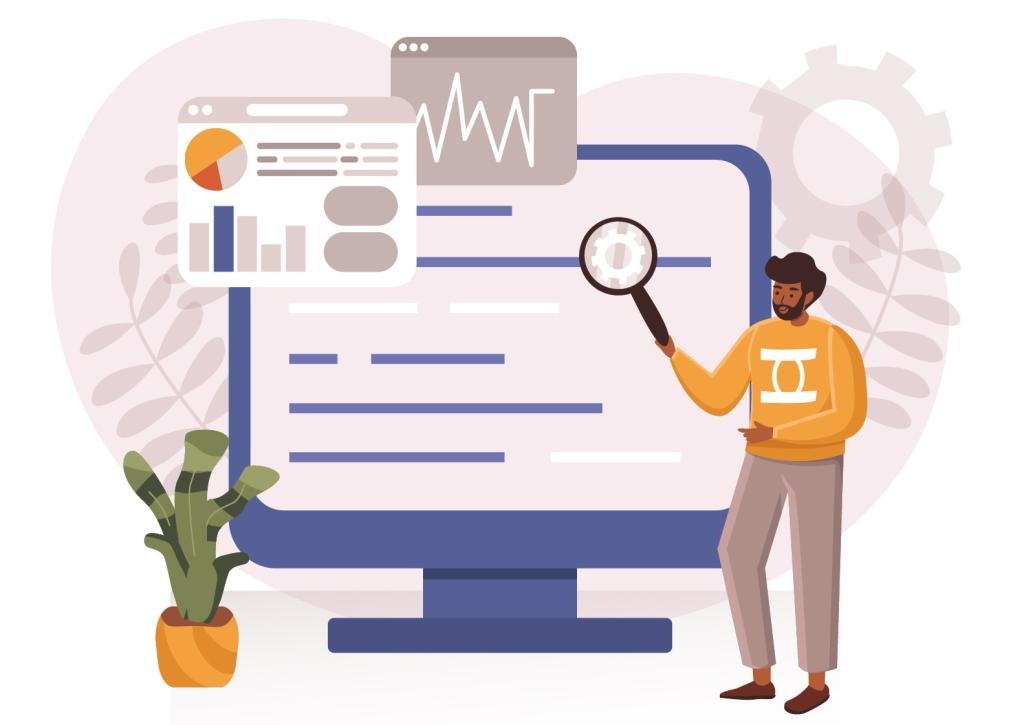If you are planning to commission a new piece of software for your business this year, one of the most important considerations is the software testing strategies and techniques that will be used.
After investing so much time and money into software, skipping testing is a terrible idea. However, we see some clients suggest this with the hope of saving a little extra money on their project. Keep reading as we share our top software testing strategies and techniques, all of which we can use when working on your next project.
What are the best software testing strategies and techniques for my project?
When it comes to software testing for your project, your development company should be using a combination of the techniques we’ll share here today. Remember: testing isn’t something that just happens once. It will ideally happen throughout every stage of the software development process.
Let’s take a look at some of the most common testing techniques. We’ll be happy to use any of these when working with you in the near future.
Unit testing
Testing a single piece of code or one function of the software is called unit testing.
This focuses on one single task within your project. It could be something as simple as testing to see that the password generator works, or a single button is working effectively. While you might think this type of testing seems incredibly in-depth, it will help to ensure there are no minor bugs with your software. The more often we use unit testing, the less likely you’ll find bigger issues with your project.
Acceptance testing
One of the biggest reasons for testing is to ensure the end-user is happy with the results. In custom software development Acceptance testing focuses on the client’s needs. It will make sure that the software performs everything that is expected so there are no disgruntled users in the future.
When we do find issues during this type of testing, we’ll head back to the drawing board and review the requirements. Client’s and developers might need to add more requirements at this stage, which will help to redesign the software to meet the client’s needs.
Integration testing
After unit testing, various parts of the code can be checked at one time with integration testing. This tests elements of the code together to ensure they react and function properly.
You’ll find that developers sometimes request their code be checked with the rest of the project. This can help to ensure they are on the right track with their work. it will also make sure that their time and efforts won’t be wasted in the long run.
When API functions are used, integration testing is essential. Starting with unit testing your developer can then ensure that your project and any APIs used are communicating with each other correctly.
If you work with BSPOKE Software you’ll find that integration testing is something we can do throughout the software development process. When discussing software testing strategies and techniques, this is another way of testing we recommend never skipping over.
System testing
Finally, before a piece of software is launched, your developer will take the time to do system testing. This is the type of testing we find most people are familiar with when talking about software testing strategies and techniques. It checks that everything works against the client’s requirements.
If your software is meant to react to specific actions, we’ll confirm this is the case. This is the final stage in ensuring you have a product that will meet your needs.
The length of time needed for this type of testing will depend on the complexity of your project. If there are issues, it will naturally cause delays to the release. Without testing, you could be releasing a faulty product into the world for your customer’s and staff. This is something no one can afford to do. Testing might seem to be overkill to some people especially if you are eager to launch your new software. However, it’s a critical tool to make your software the best it could possibly be.
What are the benefits of software testing?
Now that you know the key software testing strategies and techniques, you might be wondering if they are worth your developers time and effort. If we recommend one thing for your upcoming project, it’s to never skip testing.
You spend so much money and endless resources on getting your project to the final stage. Therefore, the time that’s needed for testing is very little in comparison to this. We recommend that you work with our team to figure out a testing schedule. From there, we can test your new software against your requirements. This will ensure you are launching a valuable piece of software to the public.
Regardless of why you are commissioning software for your employees or customers, testing is crucial for your success. It can be so tempting to ask your software company to rush the release but this never ends well. Instead, add on an extra few weeks to the timelines specifically for testing. The more time you give for testing, the more likely your developer will find small errors. These issues might seem minor to you, but they could completely disrupt the user experience.
There’s nothing worse than investing in new software, only for it not to do its intended job. Make sure your software was tested properly and that it meets all your requirements. Otherwise, you’ll have a very frustrated set of users.
To conclude
Using a combination of the software testing strategies and techniques we shared above, you can be sure you’ll release an effective piece of software into the world. BSPOKE Software highly encourages you to allow a little extra time to the software development process for this reason.
If you are looking for new custom software for your business, there’s no better time than the start of the year for this work. Contact us today for more information about software development and the testing techniques we’ll use on your next project.

